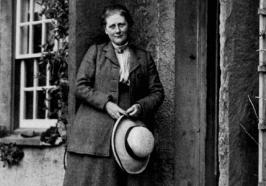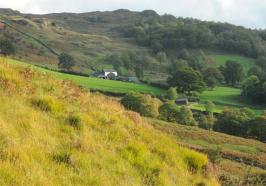Farming
There is a long history of hill farming in Borrowdale, from the introduction of Herdwick sheep (unique to this part of the Lake District) by the Norse settlers of the 10th century, to diversification and the influence of the EU Common Agricultural Policy today.
Borrowdale can be compared to other environments, looking at their suitability for different types of farming. We can also compare local, national, and global influences on farming, with plenty of topics to research, discuss, and debate.
Borrowdale contains some of the highest, steepest, and roughest terrain in England, as well as receiving high monthly rainfall. The hardy Herdwick sheep are particularly well-suited to these conditions, and they graze the high fells - mostly unenclosed land shared by farmers from adjoining valleys.
Some farmers also keep cattle, and there are two fish farms profiting from the wet climate.
Farming is very important in the history of Borrowdale. In 1829 there were 21 farmers in Borrowdale, but by 2006 there were only 12 (all sheep farmers). What are the continuities and changes of farming in Borrowdale? Most of the farms in Borrowdale are now owned by the National Trust, with tenant farmers, and there are ongoing debates about the best way to manage the land. As George Monbiot claims, are we 'sheep-wrecking' the landscape with too many sheep?
A visit to Ashness Farm, or Low Bridge End Farm (in the adjoining valley of St John’s in the Vale), will demonstrate the importance of farming to this rural area, providing students with hands-on, personal, and memorable experiences.
Sample activities
- Visit Low Bridge End Farm, a family-run mixed hill farm in St John's in the Vale. As a High Level Stewardship Farm, Low Bridge End offers free educational visits to groups of six or more people, with a minimum visit duration of 2 hours.
- Visit the National Trust-owned Ashness Farm, a twenty minute walk from the hostel. We can arrange this through the National Trust.
-
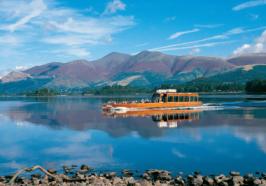 Group trips on the Keswick Launch
Group trips on the Keswick Launch -
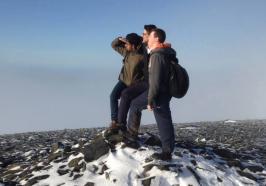 Birmingham University Wilderness Medicine Students
Birmingham University Wilderness Medicine Students -
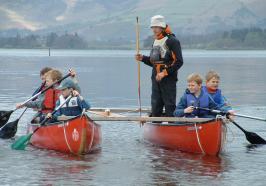 Working together on Derwent Water
Working together on Derwent Water -
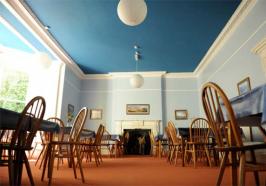 Dining room
Dining room -
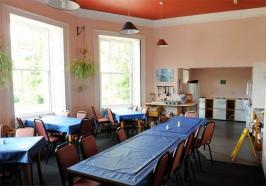 Self catering kitchen
Self catering kitchen -
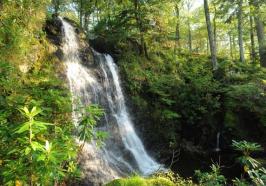 Barrow Cascade: the waterfall in our grounds
Barrow Cascade: the waterfall in our grounds -
-
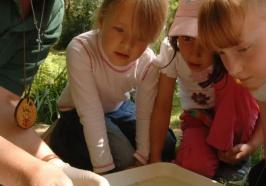 Classrooms in the forest
Classrooms in the forest -
 Pond-dipping
Pond-dipping -
Working together
-
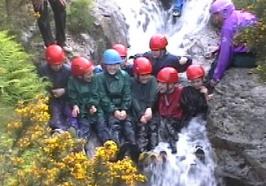 Gorge scrambling
Gorge scrambling -
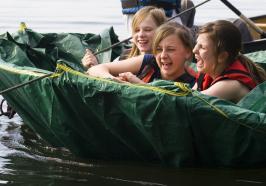 Raft building (and floating!)
Raft building (and floating!) -
.jpg) Be a Viking for a day!
Be a Viking for a day! -
 Indoor climbing
Indoor climbing -
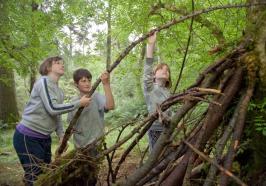 Shelter-building
Shelter-building


